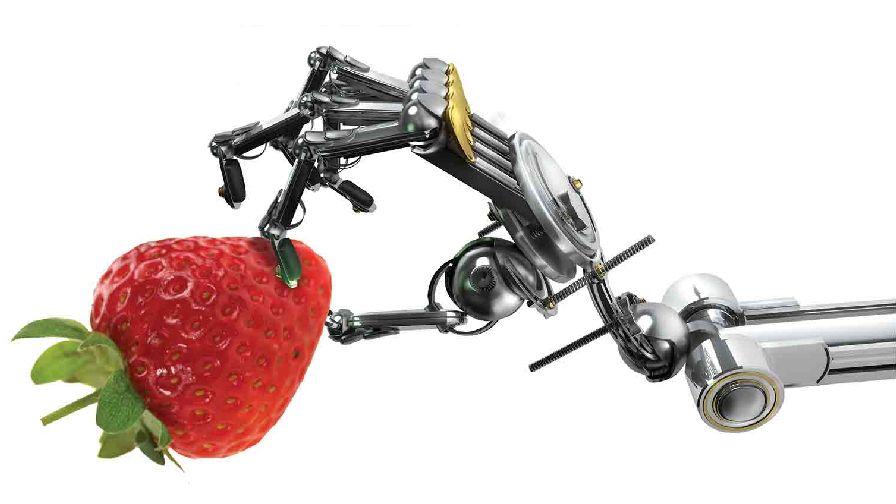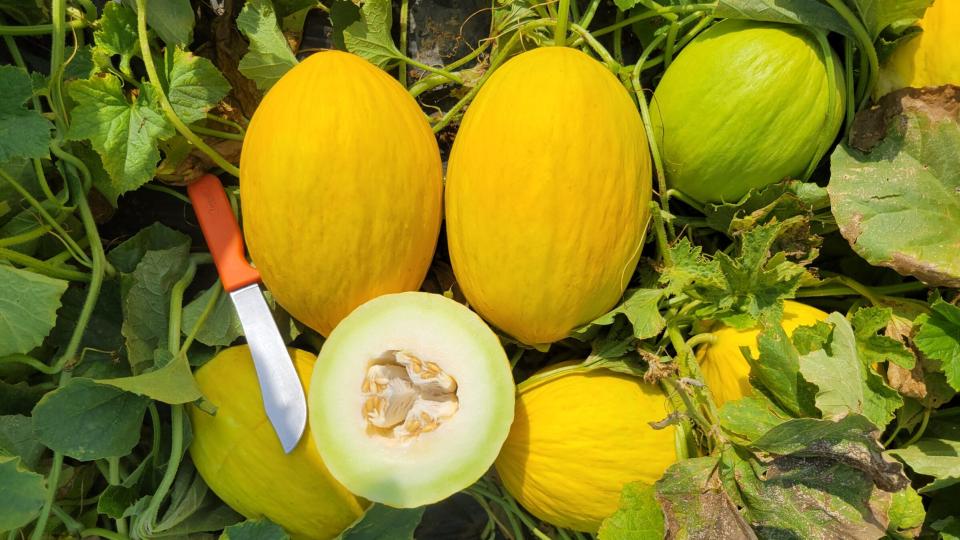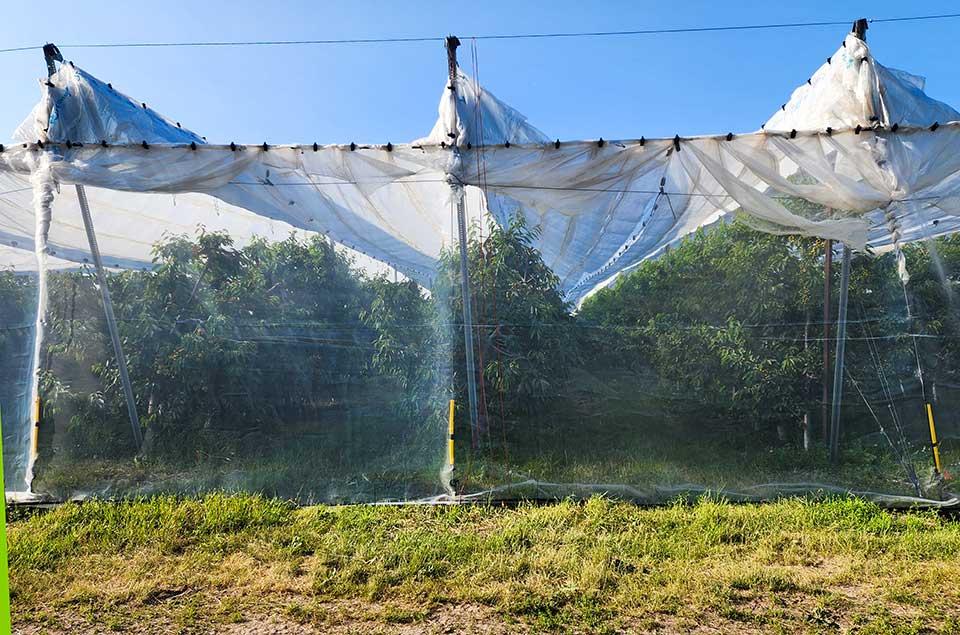The Benefits Of Studying Agriculture [Opinion]

Considering that everybody eats, and therefore has at least a tenuous connection with agriculture, it’s amazing how ignorant so many people are of it. The latest example is generating a fair amount of negative buzz among those who care about agriculture’s future.
Terence Loose wrote a piece for the website Yahoo! with the headline “College Majors That Are Useless.” He listed five, and the majority, believe it or not, are in ag: Agriculture (meaning farm management), Horticulture, and Animal Science. The other two were Fashion Design and Theater, and I really can’t quibble with those, though that might be demonstrating my own ignorance. Fashion, especially, is not my area of expertise. Just like agriculture is not Loose’s.One rebuff came from Allen S. Levine, Dean of the College of Food, Agricultural and Natural Resource Sciences at the University of Minnesota (UM). Levine noted in a piece on The Huffington Post — he’s definitely not preaching to the choir — that he didn’t want to give the list credibility, but he couldn’t resist.
Levine writes that a degree in horticultural science is a ticket to a good job. Of the UM Class of 2010, 89% of graduates found a job in their field within a few months of graduation, and 100% of them said they are either very or moderately satisfied with their positions. Not bad.
As for farm managers, Levine notes that the number of self-employed farm producers will decline in coming years because farms are consolidating and technological advances are improving productivity. But the labor department also states job prospects are actually expected to increase for people who manage large farms and who grow products for niche markets such as organics. As current U.S. farmers — average age, 56 — retire, opportunities will be there for college graduates.
Jobs Go Wanting
Levine’s experience is similar to mine. After hearing of larger operations having trouble attracting college graduates for farm management jobs, I researched this topic for a story a few years ago. Bill Dean, the chief agronomist for the nation’s largest onion grower, River Point Farms of Hermiston, OR, told me he’d spent the past year searching for people with both the skills and education to become farm managers.
It’s been nearly four years, but I can still remember sitting in his office, listening to Dean, who serves on our Editorial Advisory Board, tell of his frustration. “I’d hire an agronomist and a farm manager right now if they walked in the door,” he said, pointing. “But I can’t find them. It’s hard to find someone with a decent academic background and a practical bent.”
Just recently, I met a young supervisor with one of the huge Salinas vegetable producers, and was struck by the fact that he had no ag background. A self-described “city kid,” he just saw a great opportunity. Stay tuned to AVG for more on this vital issue.








